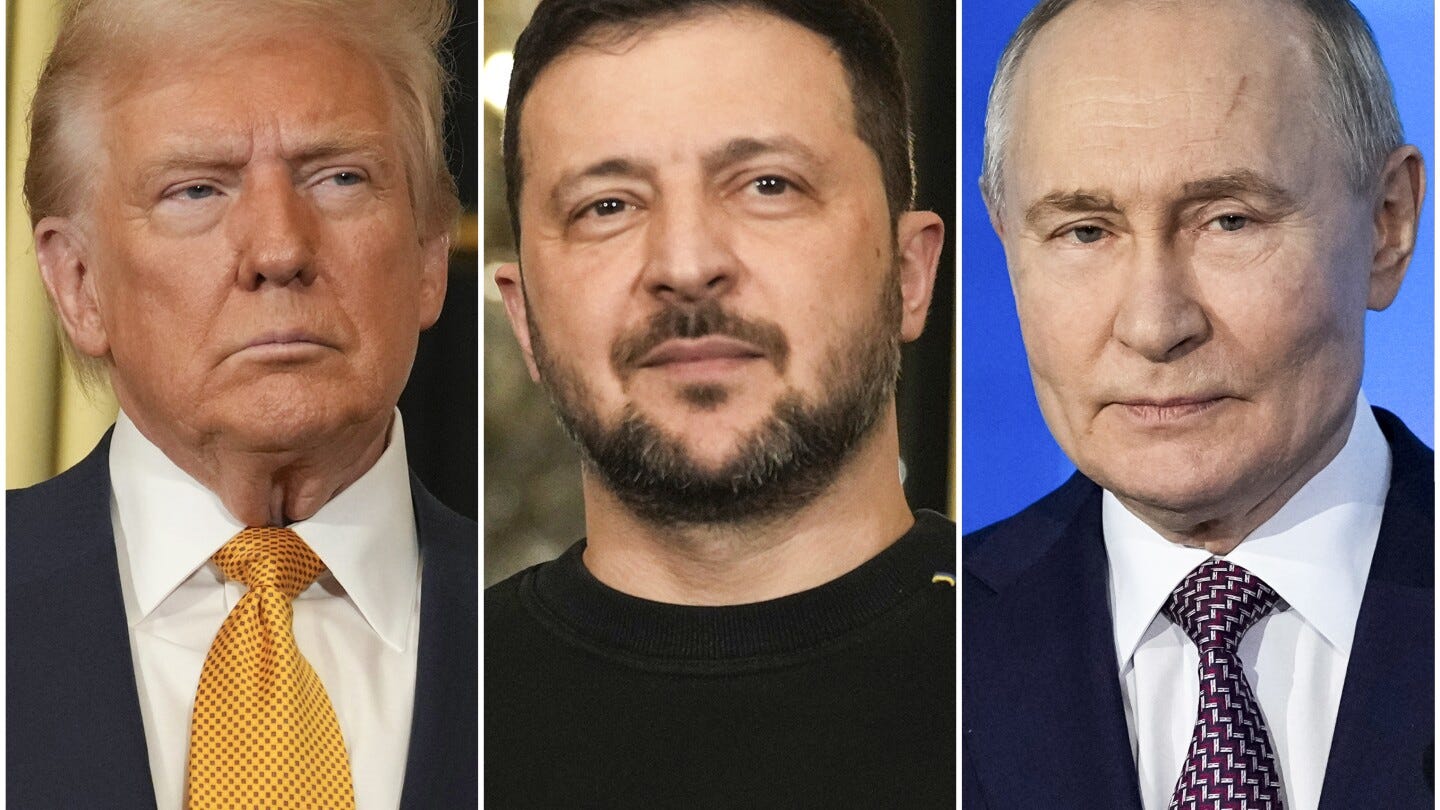That '24-Hour' Peace Promise: What Happens When Reality Hits?
We explore how even the boldest political promises can quickly face the complicated truths of international relations, demanding a flexible approach from leaders.
Remembering the "24-Hour" Vision
You might recall the striking promise made during the last election campaign: 'I can end the war in Ukraine in 24 hours.' This was a bold assertion, painted with the brush of immediate solutions and decisive action. It suggested that complex geopolitical conflicts could be untangled swiftly, perhaps through sheer force of will or a genius negotiation, appealing to a desire for straightforward answers in a messy world.
The Unavoidable Collision with Complexity
But as we’ve seen, the reality of governing, particularly in foreign policy, is rarely so neat. The initial confident thesis – a quick resolution – inevitably met its antithesis: the deeply entrenched, evolving dynamics among nations. It’s a common lesson, as Otto von Bismarck once put it:
Politics is the art of the possible, the attainable – the art of the next best.
– Otto von Bismarck
We've observed a palpable shift: growing exasperation towards President Putin, contrasted with a softening stance on President Zelenskyy following a key Oval Office meeting. It highlights that leaders, regardless of their initial convictions, must grapple with the messy truth on the ground.
Why Agility Matters in a Shifting World
This evolution in rhetoric isn't just a political footnote; it's a powerful reminder for all of us about the nature of reality itself. When a leader's public stance pivots so significantly, it reflects the unavoidable truth that simplistic solutions often buckle under the weight of intricate problems. As Oscar Wilde famously quipped,
The truth is rarely pure and never simple.
– Oscar Wilde
For us, this means understanding that real progress often demands adaptability, a willingness to learn, and the humility to change course when confronted by facts. It's about navigating the world not as we wish it to be, but as it truly is.



